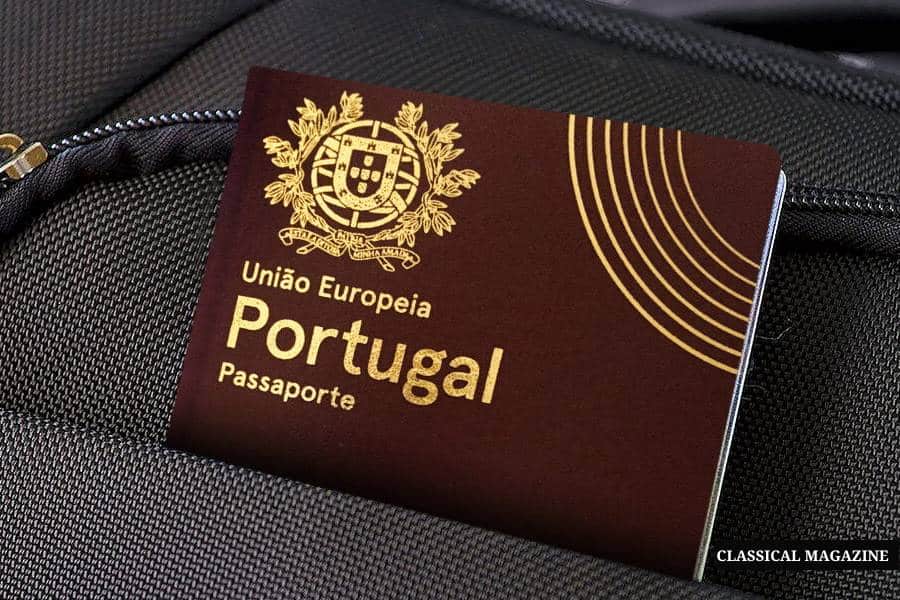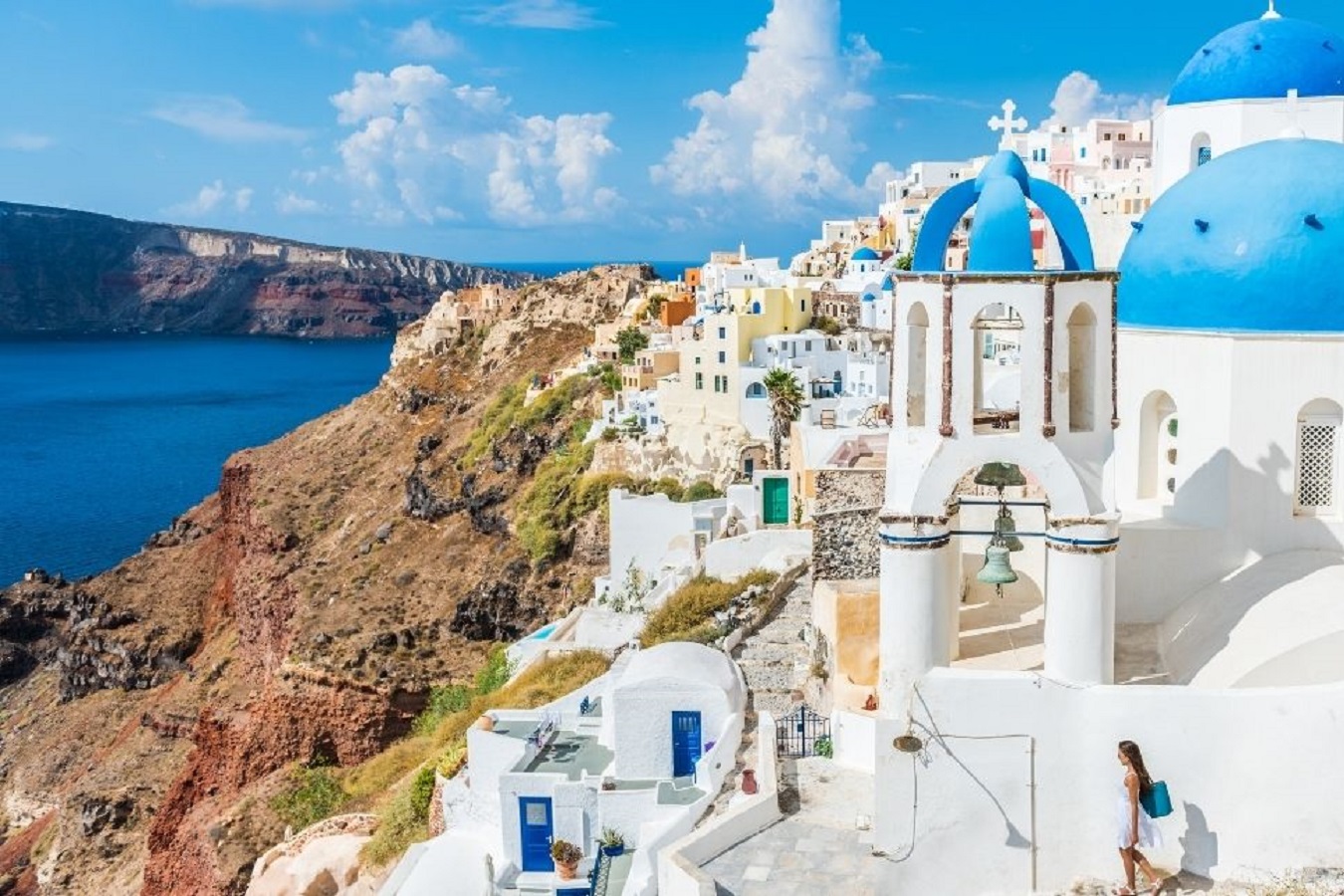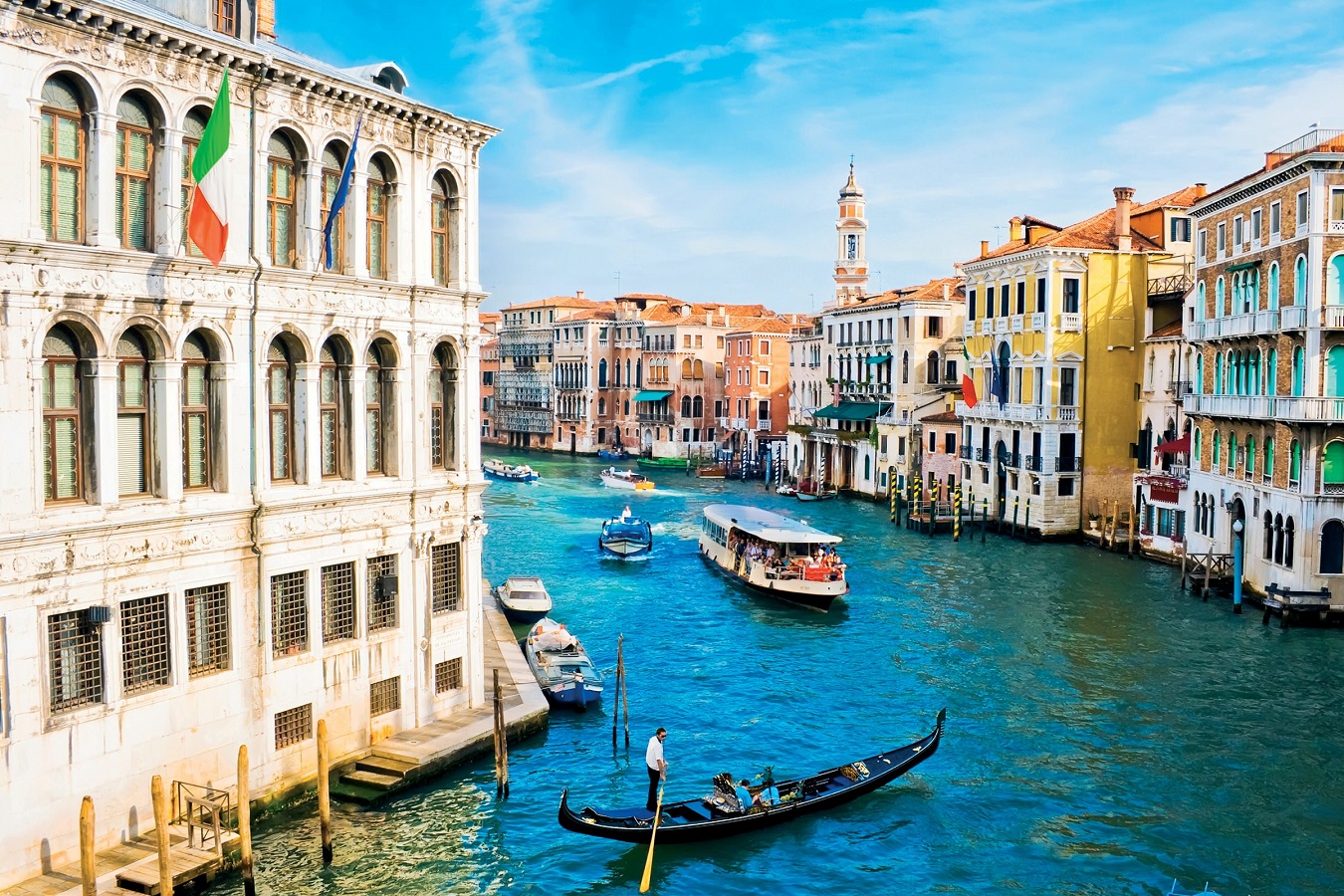It’s simple to fall in love with Portugal if one gets to know it better. It’s a great place to live in, with a pleasant environment, a considerable amount of natural beauty, a variety of attractions, a high standard of living, and top-notch healthcare and education.
A residency visa can be obtained through the Golden Visa by making an economic contribution to the nation. However, even though you have a golden visa, citizenship is not the same. There are several methods to invest in Portugal, but the two most common are buying real estate or investment funds. Let’s see how a golden visa differs from Portuguese citizenship.
Potential relocation to Europe
You can enter Europe legally with the help of the Portugal Golden Visa Program, and Portugal will allow you to apply for citizenship five years after receiving a residence permit. However, even a residence permit has benefits, such as living near the ocean and traveling throughout Europe without a visa, starting a business in Europe and receiving tax breaks, or establishing a “safe haven” for your family life.
Differences in the healthcare
You do not automatically receive healthcare in Portugal without a Golden Visa. You must obtain private health insurance that covers your medical expenses in Portugal if you decide against relocating permanently to Portugal.
You can be eligible for public health insurance if you choose to dwell in Portugal full-time and stay there for more than half the year.
Residential property limitations
The restrictions on where you can purchase a qualified residential property are the first drawback, which is brand-new as of January 2022. Any residential property purchased in Portugal before 2022 qualifies. Purchases of real estate in Lisbon, Porto, and most of the Algarve’s coastline region are no longer acceptable. Certain sections of the Algarve still qualify, and many areas that allow it are well worth exploring. You may still buy a house in any of these places; it won’t count as your golden visa investment. Due to the rising tourist numbers and population growth in these regions, Portugal has so much more to offer than just Lisbon and the Algarve.
The costs and living
The expense of the golden visa is its main drawback compared to other Portuguese resident visas like the D7. This is due to application fees associated with this specific visa rather than the investment cost (such as purchasing a home), which is pricey. For the initial application, each person must pay just over €5,000 in government costs, which must be renewed for a sum equal to 50%. On top of that, there are also legal fees.
In contrast, the D7 is substantially less expensive. Government costs are in the low hundreds, but attorneys range from €1,000 to €2,000. The cost of one renewed golden visa equals the D7 application price.
Although the D7 is less expensive, it does not allow the same freedom as the golden visa because you must spend most of the year in Portugal. And even though you could have a sizable cash reserve, it doesn’t necessarily guarantee you’ll be eligible for the D7. It favors a consistent source of income like a pension or income from distant employment. A golden visa is preferable if you have the means to do so and desire flexibility.
Money Stuck for More Than 5 Years
The Portuguese Golden Visa offers a variety of investment options, including purchasing real estate and investing in funds. However, you may have other investment ideas that are more beneficial for your money, such as purchasing real estate elsewhere, investing in a more diversified or international index fund, or taking a chance on some hot new cryptocurrencies. Of course, you can still invest in those items once you have made a mandatory investment in the country based on the norms of the Portuguese government.
Whatever you choose to invest in, the Portuguese golden visa offers a great return on your money because it quickly grants you citizenship in the EU. Even though that is more than any other investment can provide, you can still feel frustrated if your money is locked up and cannot be used for other investments.
Wrapping up
Portugal holds European Union membership. Therefore, acquiring a resident permit enables travel to 30 countries in Europe without a visa, including all Schengen Agreement signatories and Cyprus, Bulgaria, Croatia, and Romania.
Because the boundaries of Europe, the European Union, and the Schengen area do not coincide and each nation has its own laws, you need to be cautious while selecting a permit. For instance, a residency permit cannot offer access to visa-free travel to the UK; only Portuguese citizenship can.
You can stay in Portugal for as long as possible if you have a residency permit. Parents can spend the entire year in a Portuguese property while their children attend university.













